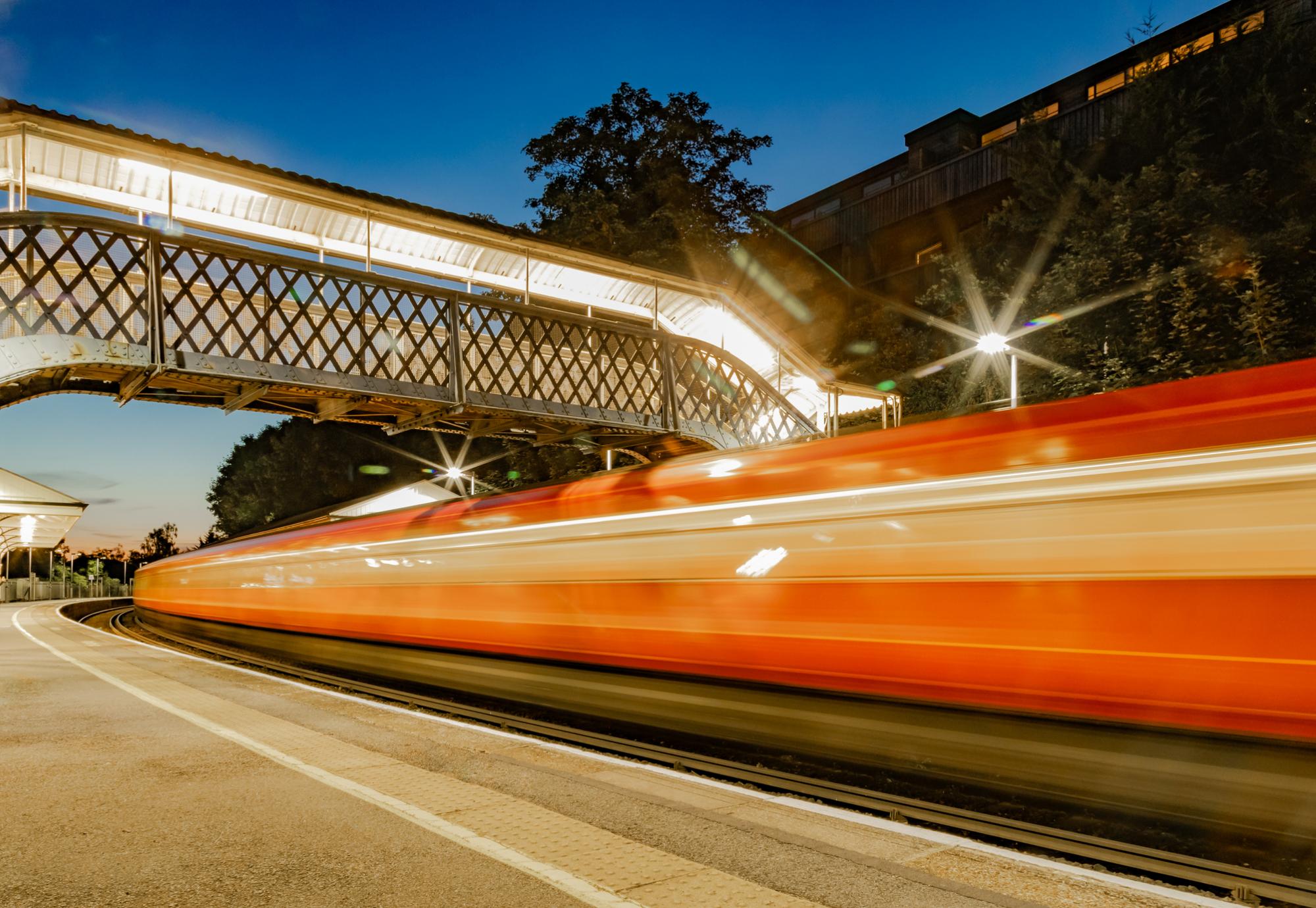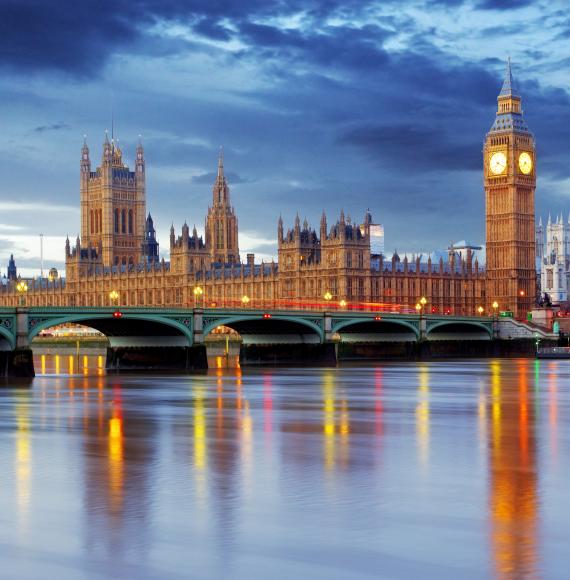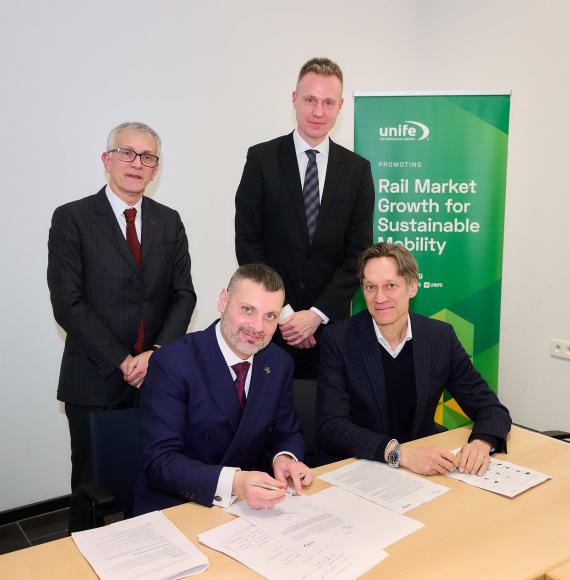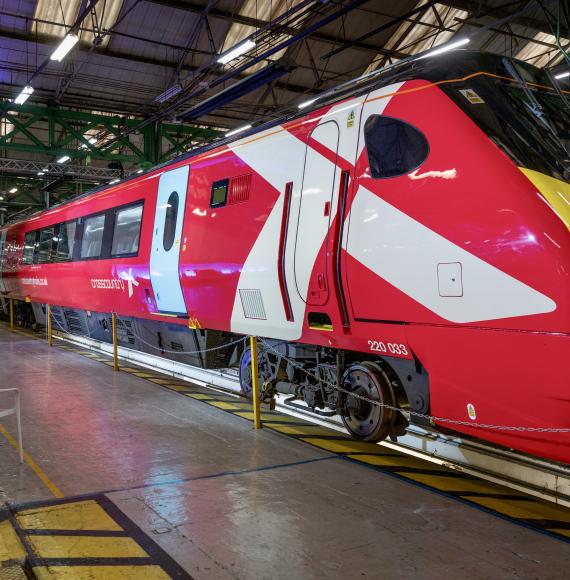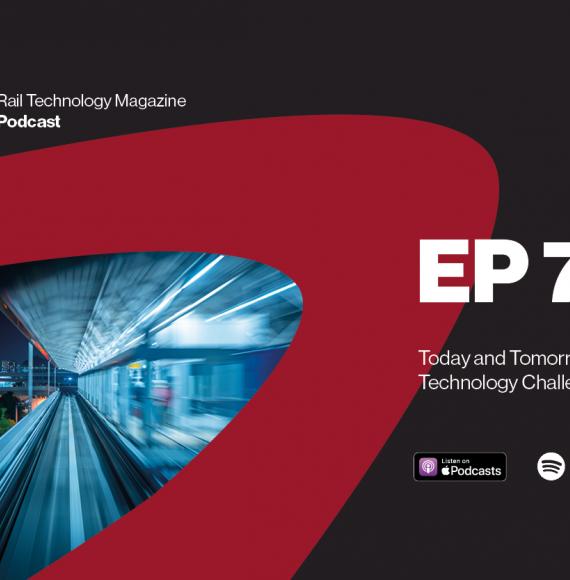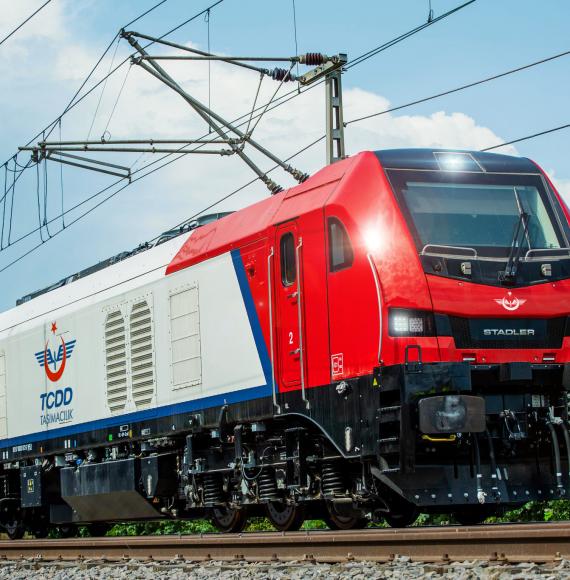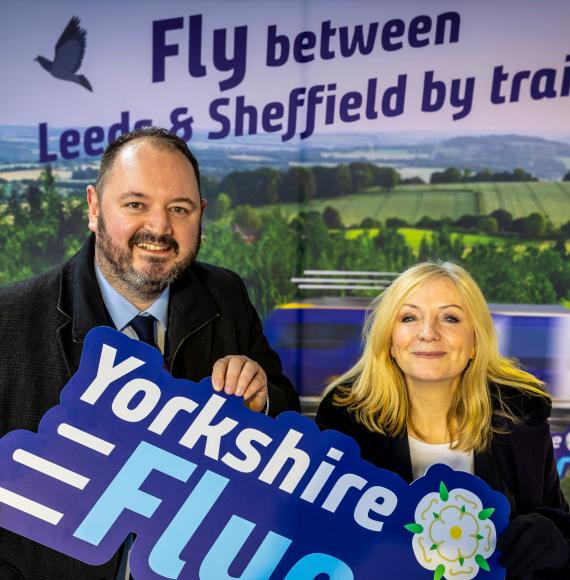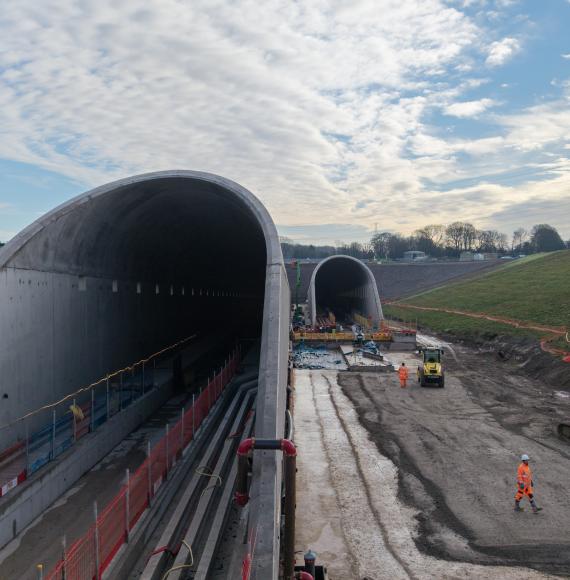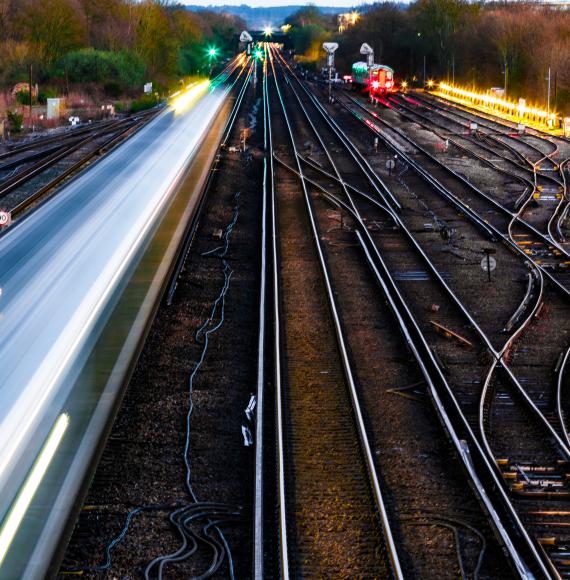The Department for Transport has confirmed the next three train operating companies (TOCs) set to transition into public ownership, marking a pivotal phase in the government’s comprehensive rail reform programme.
Following the transfer of Greater Anglia’s services on 12 October 2025, West Midlands Trains will move into public hands on 1 February 2026, with Govia Thameslink Railway following on 31 May 2026. These transitions represent a significant operational shift and will be closely watched by industry stakeholders across the UK rail sector.
By mid-2026, 80% of passenger rail journeys managed by the department will be publicly owned, a milestone that underscores the scale and pace of the government’s restructuring efforts.
Further transitions are expected, with Chiltern Railways and Great Western Railway next in line. Final decisions on their timelines will be announced by the Secretary of State for Transport in due course.
The government has reiterated that all passenger services under departmental contracts are expected to return to public ownership by the end of 2027, with integration into the new public body, Great British Railways (GBR), as the end goal. Importantly, these transfers are being timed to coincide with the natural end of existing contracts, ensuring no additional cost to taxpayers.
Operators will be required to meet rigorous, bespoke standards to earn the GBR designation, with the aim of “rebuild[ing] a world-class public service.”
“This confirmation builds on the government’s delivery of the biggest reset of the railways in a generation, which will help to deliver better and more reliable services for passengers.”
Legislation to formally establish Great British Railways is expected to be introduced during the current Parliamentary session. Once enacted, GBR will assume responsibility for day-to-day operations, bringing greater cohesion to the fragmented structure that has long challenged the sector.
Early indicators from existing publicly owned operators are promising. Southeastern and LNER are currently delivering some of the lowest cancellation rates nationally, while South Western Railway, which entered public ownership earlier this year, has tripled the number of new trains in service within four months, significantly improving passenger comfort and reliability.
Image credit: iStock

